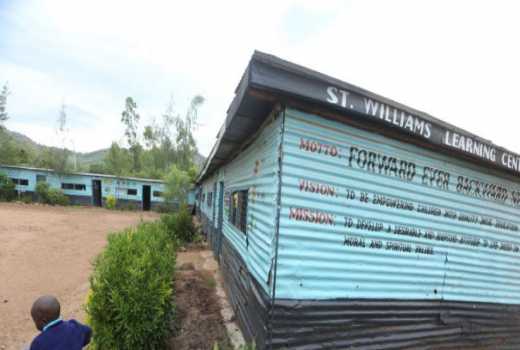×
The Standard e-Paper
Home To Bold Columnists

Confusion has rocked the registration and regulation of schools offering informal education in Kisumu after the Ministry of education accused some of the institutions operating as private schools.
The ministry says it has declined to register the schools because many of them had not followed the procedures.